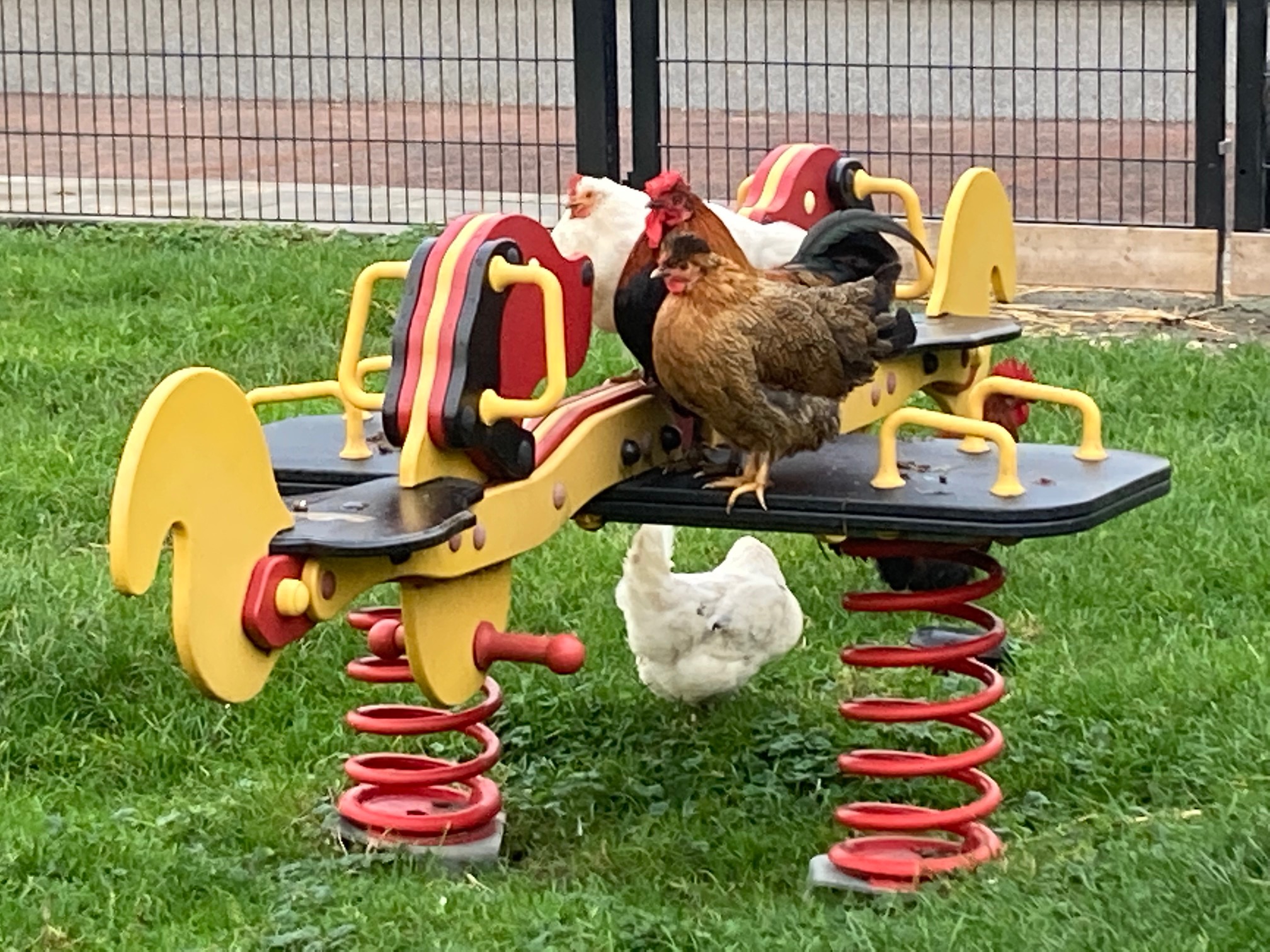PFAS in eggs from hens kept as a hobby is a problem: NOS

PFAS-contaminated eggs are being found far away from the Dordrecht region where the chemical factory Chemours is based, suggesting pollution with the complex group of harmful chemicals is much more widespread than previously thought, a NOS investigation has found.
Last year, public health institute RIVM and the local health board checked eggs from hens kept as a hobby in Dordrecht, Papendrecht and Sliedrecht, all of which are close to the plant, and found too high levels of PFAS in 75% of them. Some eggs contained up to 22 times the permitted level of PFOA, which was made at the plant up to 2012, the NRC reported.
The chemicals are linked to cancer and other health issues.
Public broadcaster NOS, which conducted an investigation of its own, has now found that eggs from hens kept as a hobby in six of twelve test locations contain high levels of PFAS. In the provinces of Utrecht, Friesland and Limburg, PFAS levels in eggs were found to exceed the European safety norm.
This particular PFAS could not be traced back to Chemours and its origin is unclear, NOS said. The RIVM, in its Dordrecht probe, also found a type of PFAS not known to be emitted by Chemours or its predecessor Dupont, and is currently investigated where it came from.
So far, excess concentrations of PFAS have not been found in supermarket eggs. However, experts told NOS that the fact that PFAS has been found across the country is an indication the problem is widespread.
Their advice to people who keep their own chickens is to limit the number of eggs they eat. Children, in particular, should not eat too many eggs, as PFAS are thought to compromise their immune system.
They are also calling for the RIVM to conduct a nationwide investigation into the presence of PFAS in eggs.
Thw RIVM said it would consult with all parties involved to decide if such an investigation would be justified. It also said it is not advising everyone who keeps their own chickens to refrain from eating the eggs and the NOS investigation is not representative enough to draw such a conclusion.
Thank you for donating to DutchNews.nl.
We could not provide the Dutch News service, and keep it free of charge, without the generous support of our readers. Your donations allow us to report on issues you tell us matter, and provide you with a summary of the most important Dutch news each day.
Make a donation